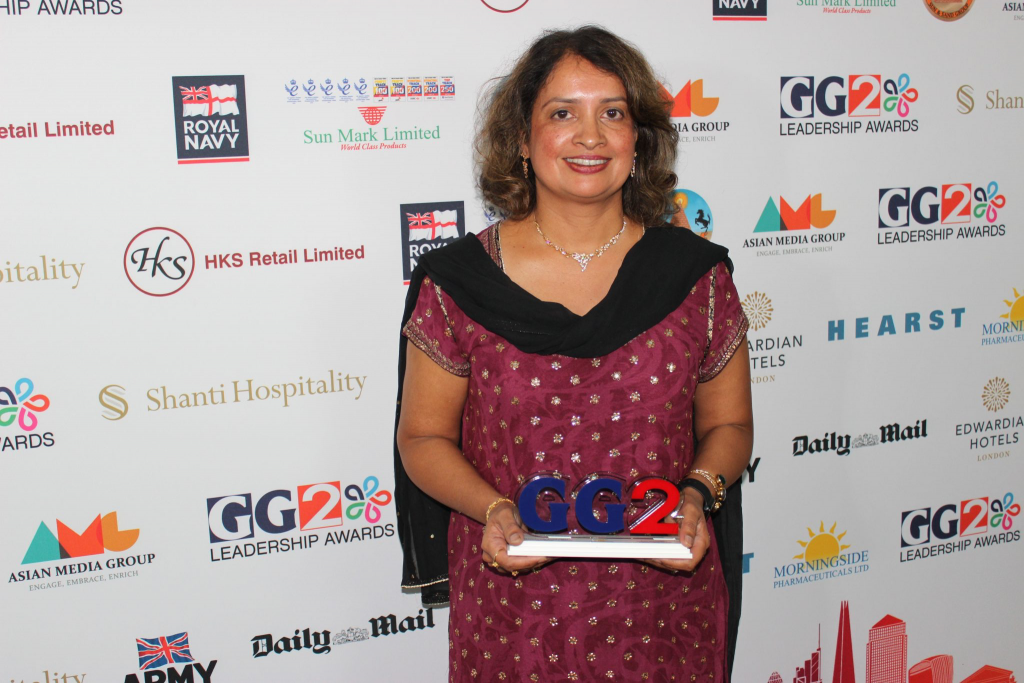Fellowship success
Huge congratulations to the following four members of the Department who have all been awarded a Fellowship:
Iros Barozzi has been awarded an Imperial College Research Fellowship (ICRF) for 3 years, starting in August 2018. He will be looking at “Large-scale, computational modelling of non-coding alterations in endocrine-therapy resistant breast cancer”.
Claire Fletcher has been awarded an Astra Zeneca-Sponsored Imperial College Research Fellowship looking at the “Systematic Identification of Kinase Modulators of MicroRNA Biogenesis”. This study will systematically investigate how miR production is controlled across multiple disease models to identify novel avenues for therapeutic intervention. The partnership with Astra Zeneca permits access to cutting-edge screening facilities to fuel project progress.
Evangelos Triantafyllou was recently awarded an Imperial College Research Fellowship (ICRF) for 4 years for his study entitled “The role of Mer Tyrosine Kinase expressing cells in the immunopathology of acute liver failure syndromes” under the mentorship and supervision of Dr Harry Antoniades (Reader in Hepatology, Division of Digestive Diseases, Imperial College London). The postdoctoral fellowship is based on the work he carried out during his MRC funded PhD studentship (as part of Dr Antoniades’ MRC Fellowship programme) at King’s College London and Birmingham universities. Evangelos will take up this post in October 2018.
Jorum Posma has been awarded a 3 year Health Data Research UK (HDR-UK) Fellowship, funded by the Medical Research Council (MRC). The project title is “Identification of Metabolic Phenotypes and Systemic Biochemical Reaction Networks Associated with Human Blood Pressure”, the supervisors on the project are Professor Paul Elliott (Department of Epidemiology and Biostatistics, School of Public Health) and Professor Jeremy Nicholson.



















